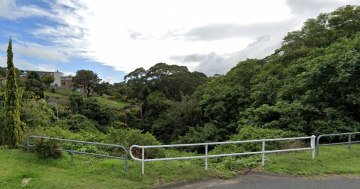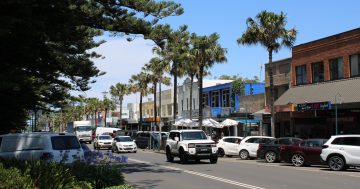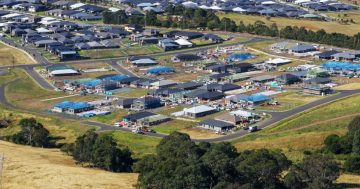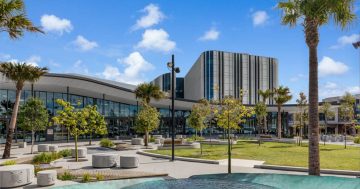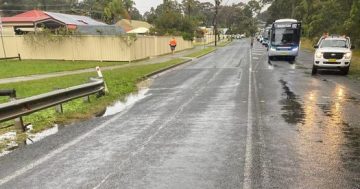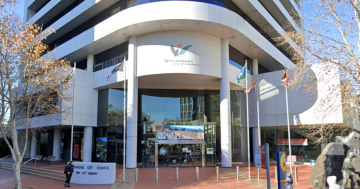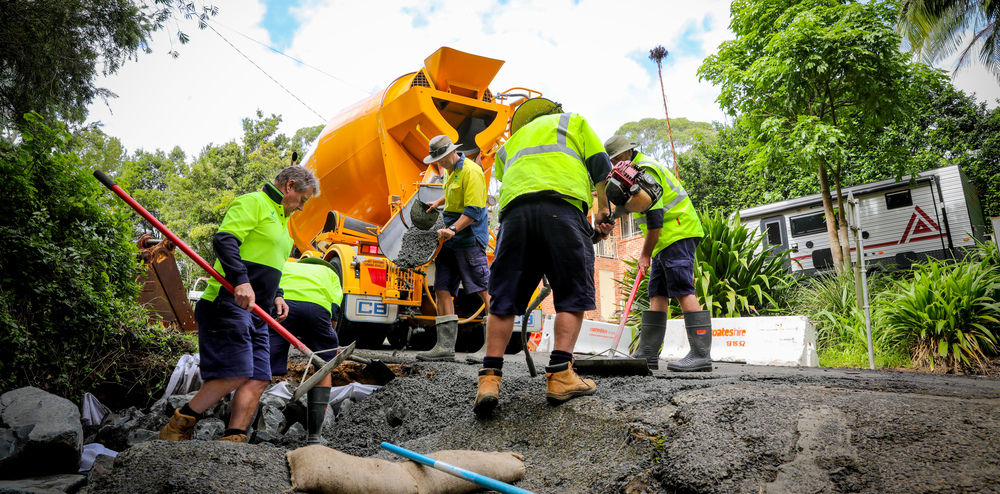
An unexpected Emergency Services Levy bill will impact on Wollongong City Council’s ability to deliver infrastructure and capital works projects. Photo: WCC.
A last-minute decision by the State Government to increase local council contributions to the Emergency Services Levy (ESL) will rip more than $6 million from Wollongong City Council’s 2023/24 budget.
Lord Mayor Gordon Bradbury says the state’s announcement to scrap its ESL subsidy and divert the full cost back to councils came after Wollongong Council had completed its annual draft budget.
“Most councils are in the process of formulating their budgets and haven’t had time to take this extra cost into account,” he said.
“It’s been left so late that we haven’t been able to put it into our budget that is on exhibition now.
“This is an extra impost on councils who are now paying around 11 per cent of the emergency services’ annual budget. We’ve got no option. We’ve got to pay it.”
Cr Bradbury said the levy would take “quite a slab of ratepayer funds”.
“Our contribution this year will be about $6.14 million,” he explained.
“This will impact on our ability to deliver new infrastructure at a time when the cost of labour and materials is also going up. It will bite into our capital works program as well.
“At the present time we’re absorbing that, but it can’t go on for much longer.
“We’ve had to deal with COVID and major rain events over the past few years, so from 1 July this will add to an incredibly challenging situation.”
Cr Bradbury said Wollongong ratepayers would foot the bill and, those who take out home insurance, would also contribute to the Emergency Services Levy.
“Essentially it’s a double dip,” he said.
“Previously the State Government picked it up for us, now we’ve got to find the money to pay the levy each year.”
The majority of the levy is paid as part of insurance premiums, with a further 11.7 per cent to be funded by councils and 14.6 per cent by the NSW Government.
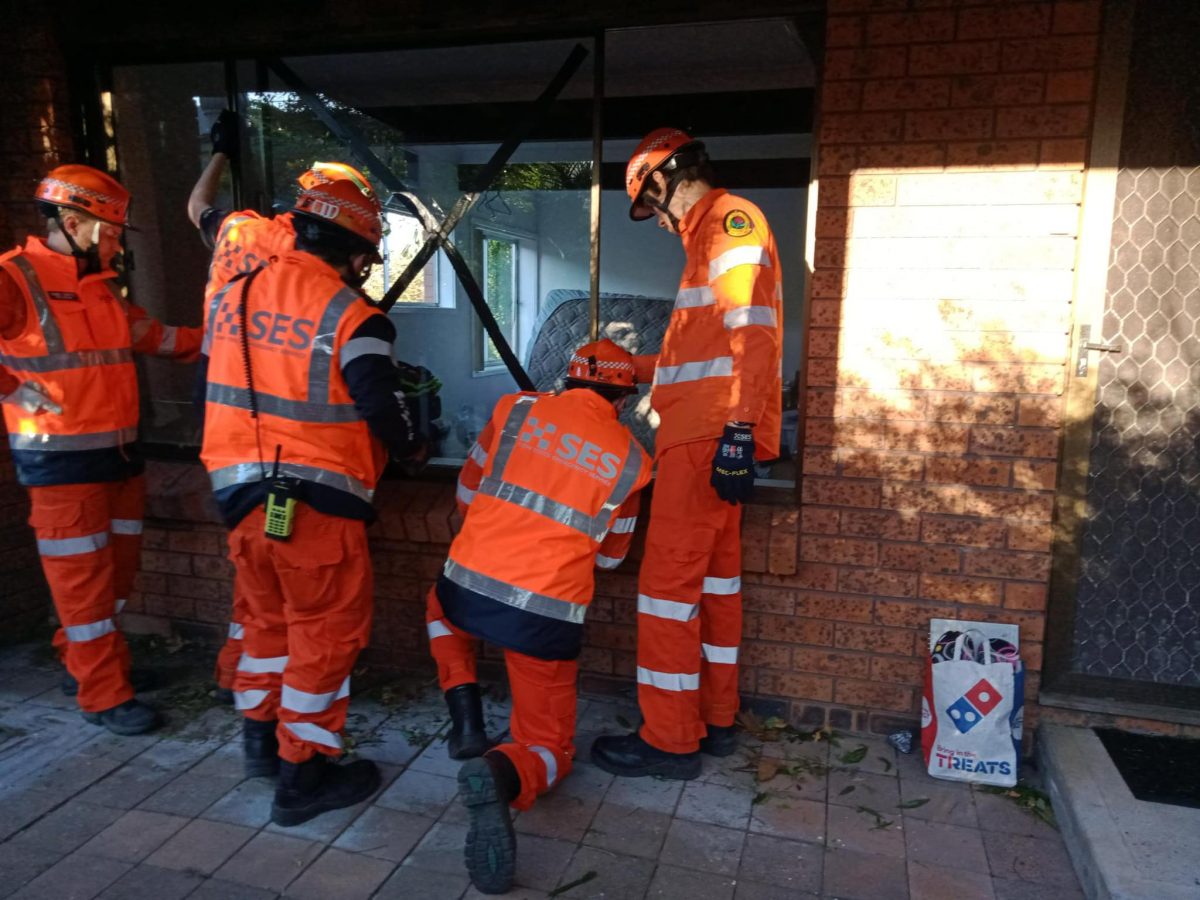
Councils will fund a massive rise in emergency services budgets, including a 73 per cent increase in the budget allocation to the State Emergency Services (SES). Photo: SES Wollongong/Facebook.
The levy covers the costs of fire and emergency services in NSW, including a 73 per cent increase in the budget allocation to the State Emergency Services (SES) this year.
The eleventh-hour levy increase for the state’s 128 councils in 2023/24 totals almost $77 million.
Councils’ peak body, Local Government NSW (LGNSW), said the decision to apply sky-high increases would be catastrophic for many councils, and could see some become insolvent.
LGNSW President Cr Darriea Turley AM said for some councils the unexpected cost would all but wipe out any IPART-approved rate rise and shred budgets.
“The ESL is an absolutely blatant cost shift by the State Government,” she said.
“To make things worse, the ESL has seen stratospheric increases year-on-year to make up for the Government’s unfunded workers’ compensation liability for emergency services workers struck down by a range of cancers.
“Now it appears councils are being asked to fund massive rises in emergency services budgets.
“The effect will leave some councils with insufficient funds to cover cost increases in other areas. These costs will need to be met by cuts to staff and services.”
Cr Turley said the local government sector’s fight was not with emergency services workers, but with a duplicitous and financially unsustainable funding system.
“I’m seeking urgent talks with Treasurer Daniel Mookhey where I will ask him to work with councils to develop a fairer funding system,” she said.
“This shock increase comes at a time when council budgets are still struggling with flood and bushfire disaster recovery.
“When you factor in the inflation and soaring costs we are all facing across the full gamut of our operations, the immediate future looks particularly bleak.”
LGNSW is urgently calling on the State Government to restore its subsidy for 2023 and to develop a fairer, more transparent and financially sustainable method of funding the critically important emergency services that benefit us all.











